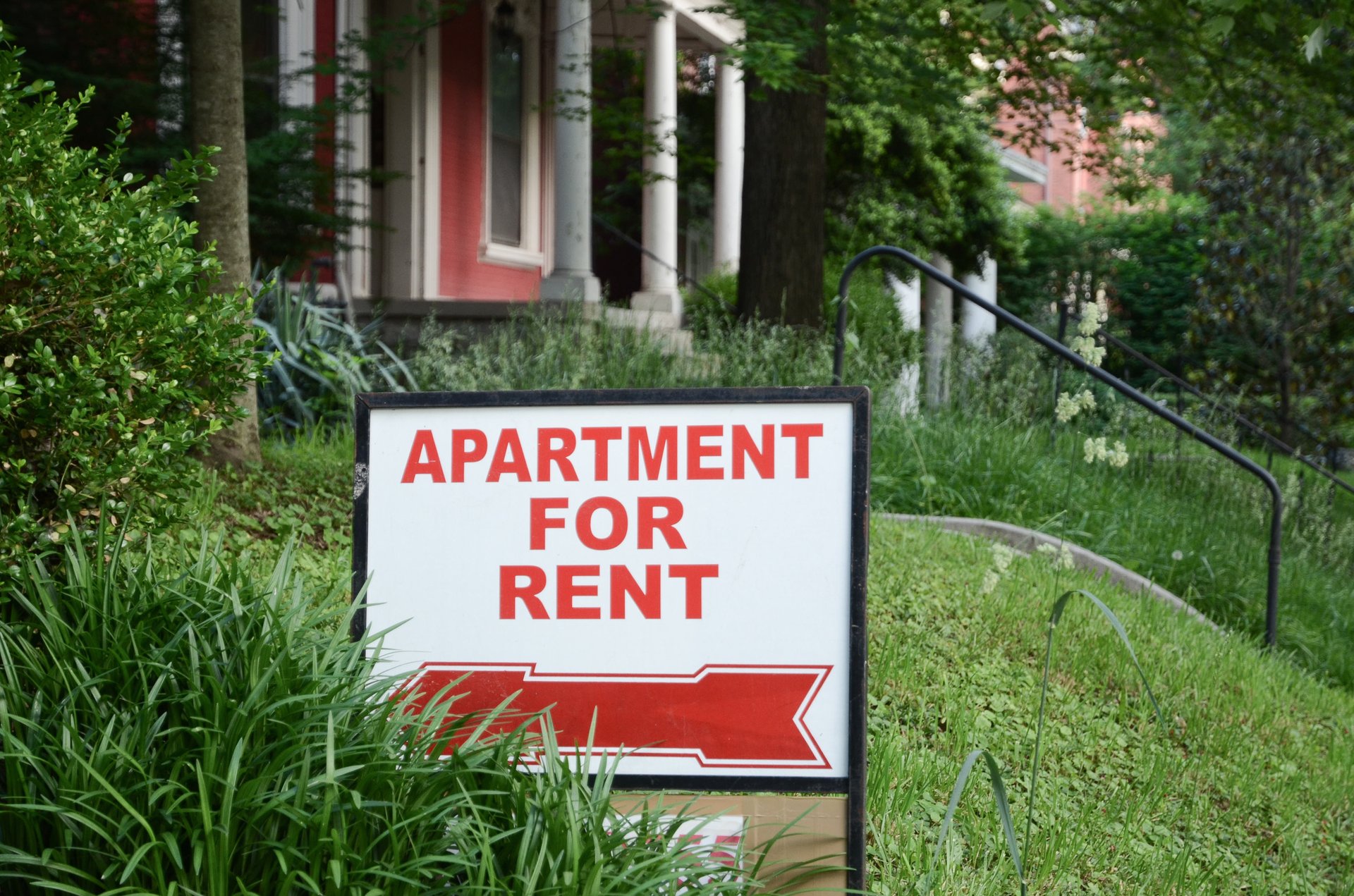
If you live near a coast, it’s getting tougher to pay the rent.
Across the nation, rent increases have slightly exceeded wage growth over the past 10 years, according to a report by Self.
The website says data from Zillow and the U.S. Bureau of Labor Statistics show that between 2010 and 2019, the median monthly rent for a one-bedroom home rose by 20.5%, while the median hourly wage grew 17.6%.
But the situation is much tougher along the coasts. According to Self, the gap between wages and rents has “skyrocketed” in a few places:
“Overall, coastal states are the least affordable for renters. In Hawaii, California, New York, and Massachusetts, someone earning the median hourly wage would need to work between 50 and 60 hours a week to afford a one-bedroom rental without being considered cost-burdened.”
In the following metropolitan areas, all with populations of at least 100,000, you must work more than 50 hours a week at the local median wage simply to afford a one-bedroom place without spending more than 28% of your gross income on rent:
- Santa Maria-Santa Barbara, California: 82.8 hours per week
- Santa Cruz-Watsonville, California: 78.8 hours
- San Jose-Sunnyvale-Santa Clara, California: 68.0 hours
- Salinas, California: 67.5 hours
- San Francisco-Oakland-Hayward, California: 65.5 hours
- Oxnard-Thousand Oaks-Ventura, California: 63.6 hours
- Urban Honolulu, Hawaii: 61.2 hours
- Los Angeles-Long Beach-Anaheim, California: 60.9 hours
- San Diego-Carlsbad, California: 59.6 hours
- Boston-Cambridge-Nashua, Massachusetts-New Hampshire: 59.5 hours
- Santa Rosa, California: 58.8 hours
- Miami-Fort Lauderdale-West Palm Beach, Florida: 57.7 hours
- San Luis Obispo-Paso Robles-Arroyo Grande, California: 56.9 hours
- New York-Newark-Jersey City, New York-New Jersey-Pennsylvania: 56.6 hours
- Kahului-Wailuku-Lahaina, Hawaii: 56.6 hours
- Napa, California: 55.4 hours
- Orlando-Kissimmee-Sanford, Florida: 53.1 hours
- Naples-Immokalee-Marco Island, Florida: 52.9 hours
- Danbury, Connecticut: 52.5 hours
- Vallejo-Fairfield, California: 51.2 hours
- Seattle-Tacoma-Bellevue, Washington: 51.1 hours
- Asheville, North Carolina: 51.1 hours
- Myrtle Beach-Conway-North Myrtle Beach, South Carolina-North Carolina: 51.0 hours
- Flagstaff, Arizona: 50.9 hours
If those numbers look intimidating, we suggest you move to the Midwest or South. Self says states in those regions have the most affordable housing.
In fact, workers in metro areas in states such as Iowa, Ohio and Kentucky can log fewer than 30 hours a week on the job and still afford a one-bedroom rental.
Despite the rising cost of rent in some places, there are many areas where you can get a better deal renting than you would if you bought a home. For more, check out “13 Cities Where Renting Is Cheaper Than Owning a Home.”





Add a Comment
Our Policy: We welcome relevant and respectful comments in order to foster healthy and informative discussions. All other comments may be removed. Comments with links are automatically held for moderation.